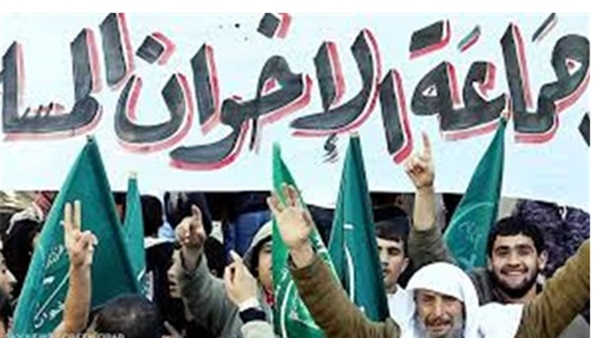Under the microscope: Austria closely monitors Brotherhood following suspicious technological activity

The Brotherhood has been intensifying its terrorist activity
in Austria, which has raised the concern of the Austrian security authorities, prompting
Vienna to take a set of decisions and steps to deter the group’s terrorism.
Austria’s domestic intelligence agency published a report in
which it used the term “Islamism” to describe the Brotherhood organizations and
other wings of political Islam in their country.
The report says, “Islamic extremism represents a form of
political extremism that attempts to establish an Islamic state and society
based on a particular understanding of Islamic law, through violent methods
that ignore, threaten, or eliminate the rule of law and democracy.”
New means for the Brotherhood
“In general, it can be said that new technical standards
such as 5G or hardware and software encryption in circulation provide new means
for Islamism, and for the Brotherhood in particular, to achieve its goals,” the
report emphasized.
“The internet, and above all social networks, not only
contribute to extremism through the ability to access Islamist and extremist
content, but at the same time the internet constitutes a field of recruitment
within the framework of the initial establishment of contacts between the
organizational member and the ordinary person subject to recruitment,” it
added.
This means that radicalization occurs both online and in
everyday life, because in addition to exchanges through social media and
virtual friendships, normal activities such as trips, visits to local
restaurants or sports activities remain an important factor in the recruitment
strategy of Islamist organizations.
Islamist propaganda
With regard to extremist Islamist propaganda, the report
said, “It was noted that sermons that can be accessed via the internet and
delivered by extremist preachers still enjoy great acceptance and popularity,
and these sermons are republished again and again on social platforms and
placed in a modern context.”
“More than that, a rapid pace of extremist and jihadist
content can be monitored, due in part to the nature of the social platforms
used, such as TikTok, which are widespread among young people, as well as the
age structure targeted by this propaganda, which is young men in adolescence,”
it continued.
The report turned to the role of the internet and technology
in the radicalization of women and their joining Islamist organizations,
stating, “The internet plays an essential role in the processes of female
extremism, for reasons including that many girls or women do not have easy
access to Islam or the Quran lessons in the mosque or Friday prayers. This is
partly due to their traditional and closed lifestyle.”
Under the microscope
Over the course of a year, the Documentation Center for
Political Islam subjected the Islamic Community in Austria (IGGiÖ) to scrutiny
and study, as 28 sermons by the head and imam of the Al-Hidaya Mosque
(affiliated to IGGiÖ) in Vienna, Ibrahim El-Demerdash, were analyzed and
evaluated, in addition to activities on social networks.
Demerdash is considered one of 70 Brotherhood suspects in
ongoing investigations in Austria since November 9, 2022, which deal with the
group’s activities, movements, and suspicions of its financing of terrorism,
and the Al-Hidaya Mosque is one of the mosques affiliated with the Brotherhood
in Vienna.





